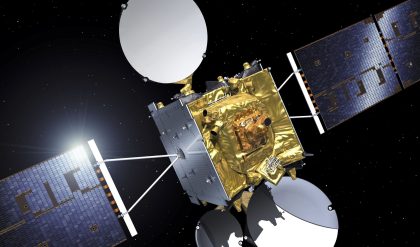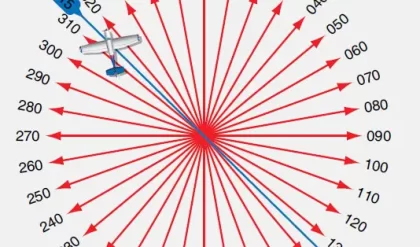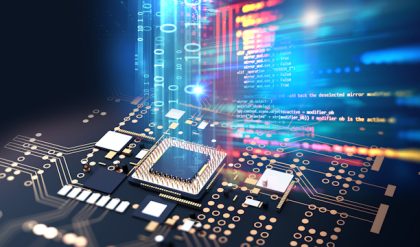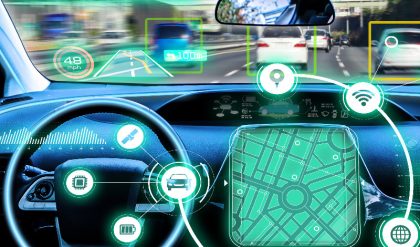Basic Principle of Dew Point Meter
By Cooling at constant pressure if the temperature of air is reduced, the water-vapour in the air will start to condense at a particular temperature. This temperature is called dew point temperature.
Description of Dew Point Meter
The main Parts of arrangement are

● A shiny surface (mirror) is fixed with a thermocouple.
● A nozzle is providing a jet of air on the mirror.
● A light source focused constantly on the mirror.
● A photocell to detect the amount of light reflected from the mirror.
Operation of Dew Point Meter
● The mirror is constantly cooled by a cooling medium. The cooling medium is maintained at a constant temperature.
● To this mirror is attached a thermocouple whose leads are connected to a millivoltmeter.
● Constantly a light is made to fall in an angle on the mirror and the amount of reflected light is sensed by a photocell.
● Now an air jet is made to fall in an angle on the mirror and the water-vapor (moisture) contained in the air starts condensing on the mirror and they appear as small drops (dew) on the mirror.
● This moisture (dews) formed on the mirror reduces the amount of light reflected from the mirror and it is detected by photocell. When for the first time, there is a change in amount of transmitted light; it becomes an indication of dew formation.
● At this instance (that is, when the due formation is detected first), the temperature indicated by the thermocouple attached to the mirror becomes the dew point temperature.
● Thus this arrangement is used to determine the time at which the dew appears for the first time and dew point temperature.
Application of dew point meter
● This instrument is used on ships to protect cargoes from condensation damage by maintaining the dew point of air in holds lower than the cargo temperature.
● Used in industries for determining dew point.
Limitations
There are limitations in cooling fluids and light measurement.




